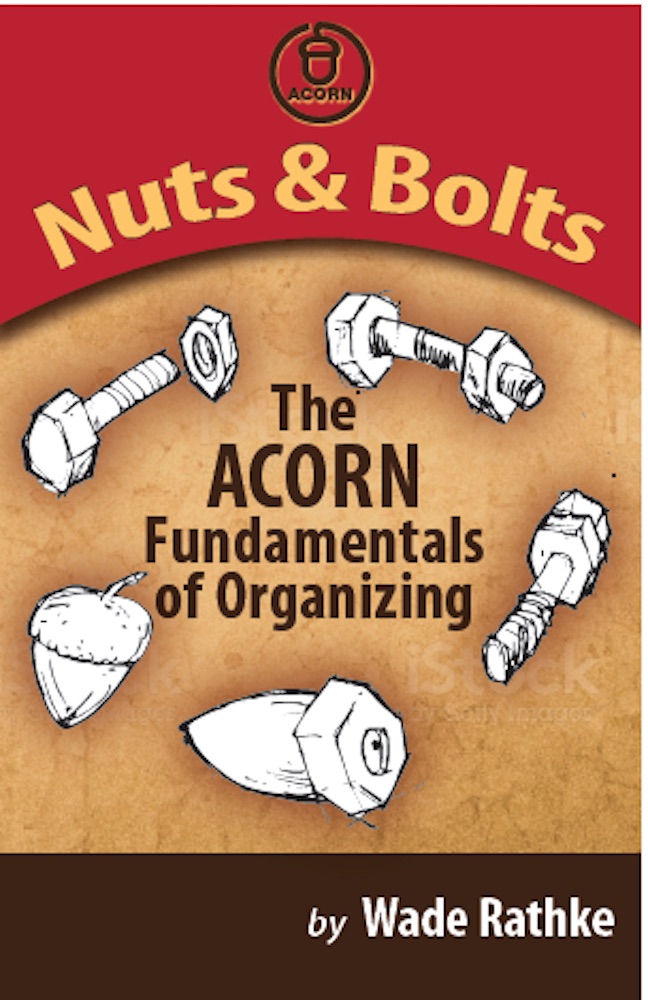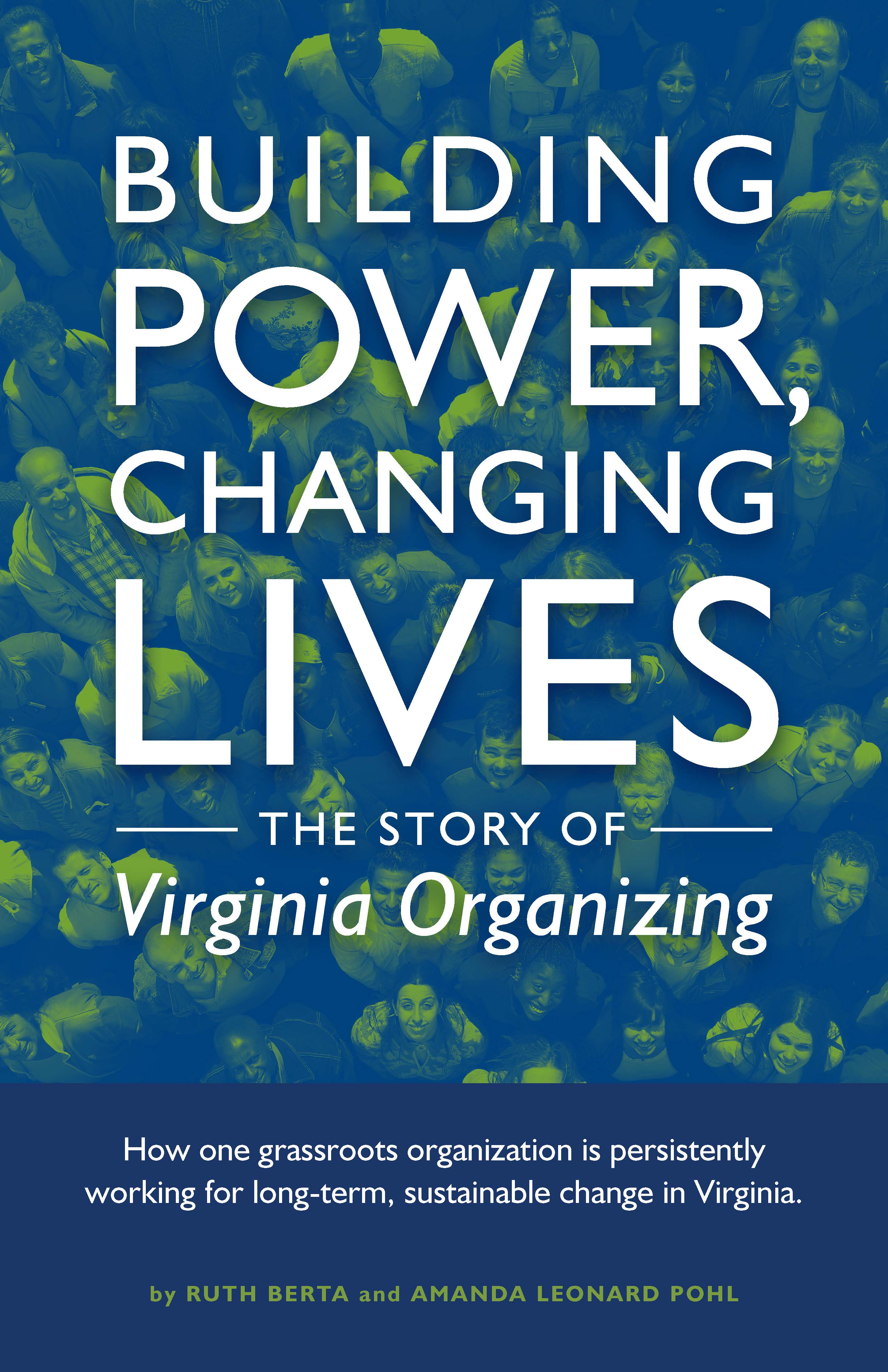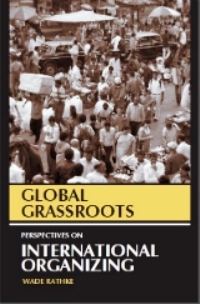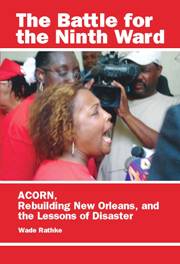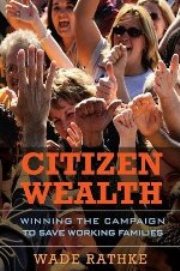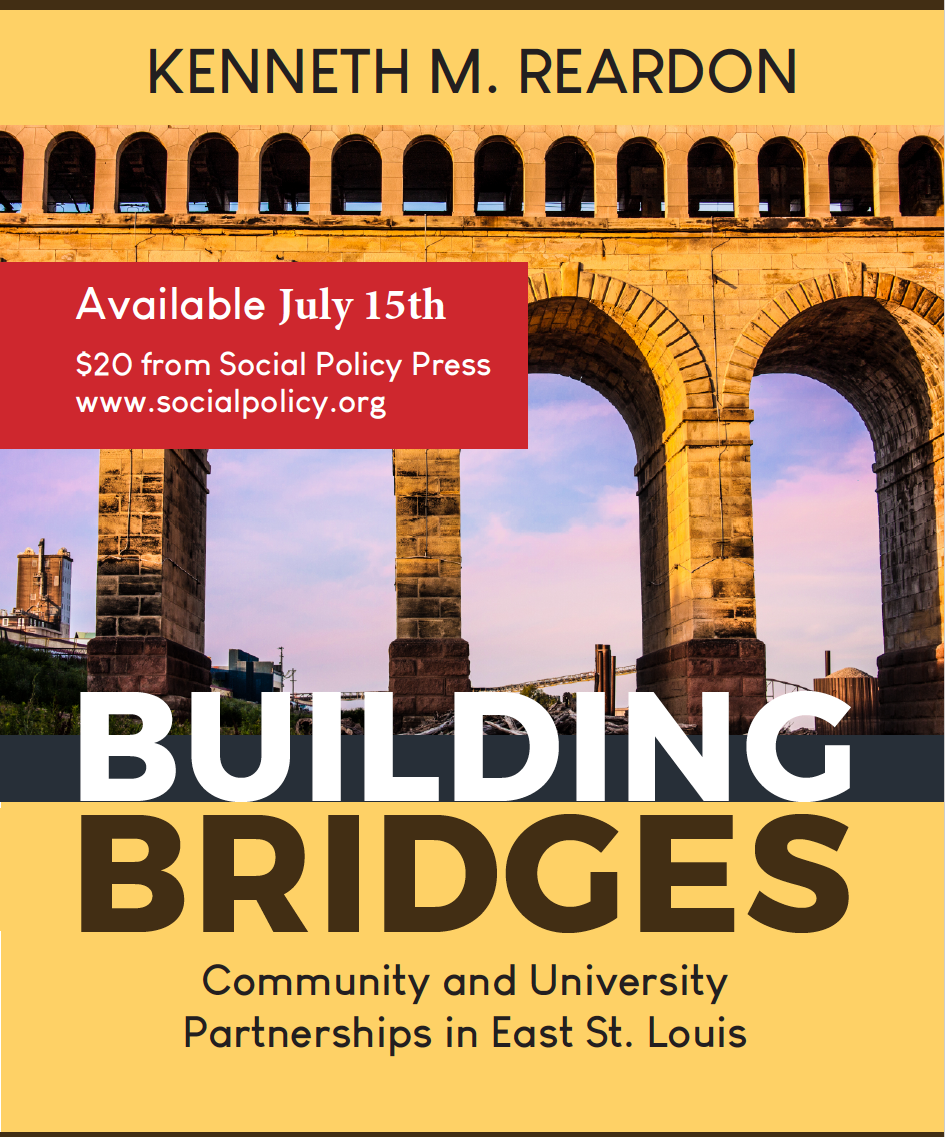BACKSTORY 54.3 - A Broken NLRB and the Need for Mass Organizing
Written by SP Editor
Recently, there was a “best of times, worst of times” op-ed in the New York Times by labor lawyer Matt Bruenig of the NLRB Edge newsletter on the successful NLRB-based organizing campaign by Workers United/SEIU of more than 400 Starbucks US coffeeshops covering 11,000 workers. Over the last three years baristas and their union have been wildly successful at winning NLRB elections, but Starbucks has been equally persistent in denying any of these units a firs contract, though the parties are finally at the bargaining table.
No small amount of credit also goes to the National Labor Relations Board. As Bruenig points out,
With an overall budget of $299 million and a staff of around 1,200, the N.L.R.B. has conducted over 550 union elections, processed more than 1,000 unfair labor practice charges and issued roughly 300 decisions in cases involving the company. N.L.R.B. lawyers have also filed for 12 preliminary injunctions against Starbucks, the company accounting for more than 40 percent of all the injunctions the agency sought last year. The agency’s legal documents in Starbucks cases comprised at least 2.7 million words … not counting hearing transcripts, complaints, motions and briefs that … would at least double that figure.
That’s good work from the NLRB. The bad news is that countering the $36 billion dollar company has meant a 50% delay for other workers and unions in the NLRB processing and concluding their charges and cases. Our own local union has had an open-and-shut successorship case with a healthcare company hanging for two years now. Starbucks’ tactics have effectively gummed up the entire system, but breaking the NLRB won’t result in labor law reform or more resources to support workers organizing unions. Instead, they have served as a model for other anti-union companies like Amazon and Tesla to go that route and ante up even higher by challenging the very existence of the NLRB in court.
It’s impossible not to conclude that the system is broken and, given the state of our national politics, regardless of Biden/Harris advocacy, it’s clear no one is coming to fix it. If that’s the case, what hope is there for the kind of mass organizing that workers need and that unions have thus far failed to deliver? The default answer for decades now has been for organizers to avoid the NLRB and our weak labor law protections and win with worker heat coupled to significant political leverage and what remains of solidarity from existing pockets of labor power. That strategy has brought some victories, especially among home healthcare workers and childcare workers. It has not brought us success at Walmart, McDonalds, and other mass employers.
I’ve made the case for majority-based worker organizing outside of the law or employer recognition, but it’s been a call largely unanswered since our effort with Walmart workers decades ago, especially by what remains of institutional labor in the United States. Elsewhere we’ve had more luck. With support from the British Columbia General Employees Union (BCGEU), the United Steelworkers Union of Canada’s Humanity Fund, and some private donors, we have seen some progress in India especially among informal workers. The ACORN affiliated Joint Hawkers’ Action Committee has now brought street sellers into one mass organization in over 20 cities now representing 350,000 members with our sights on many more. Earlier we had won a livelihood act that allows street selling and creates town committees where our members are able to be represented in something approximating a public-private partnership with our union, as well as a form of social security.
Would this strategy work with large corporations with tens of thousands of workers? Maybe, yes, maybe, no? The results in the Walmart campaign were encouraging, but weren’t exploited or expanded, so don’t provide a definitive answer. Many unions are trying different organizing tactics and strategy, but no one is lining up outside this door. At least, not yet.
Ironically, the one-off victory at Amazon and the hundreds of Starbucks wins seemed to have hardened many unions’ commitment to the NLRB, despite its weaknesses. The fact that the NLRB has been better under Biden administration than any other board in the last more than forty years was encouraging, but, as Bruenig argues, isn’t really sustainable.
Workers are supporting unions in record numbers and from diverse constituencies. They need a mass movement, and there are signs that they want such a movement. NLRB elections will never make that happen. Whether a majority-union strategy or some other, when will unions finally come together and respond? Unions are facing an existential crisis. Wouldn’t it be better to die trying, than continue to weakened?



